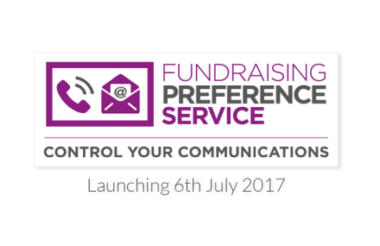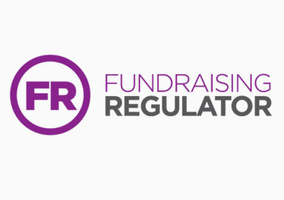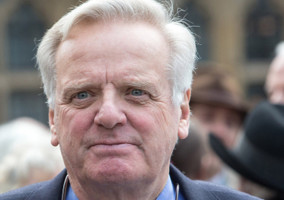The Fundraising Preference Service, a new service designed to help donors opt out of fundraising communications, will be operational from today.
The FPS will allow members of the public to opt out of communication from as many charities as they like, although they will only be allowed to select them three at a time.
It will apply to communications to charities via email, phone, text and addressed direct mail. It will cover communications to an individual, rather than a phone number or address, and it will be mandatory to all charities.
The FPS will be operated by the Fundraising Regulator, the self-regulatory agency for the fundraising sector, which launched a year ago.
The FPS was first mooted in the Etherington Review of fundraising self-regulation, which was published in September 2015. Rob Wilson, then the minister for civil society, has since claimed credit for it – something refuted by Sir Stuart Etherington, chief executive of NCVO.
The FPS has been through a number of iterations since it was first proposed. It was originally intended to be a “reset button” that cut off all communication from all charities, but this idea was abandoned during the development phase.
Despite the reduction in scale and impact, the FPS continues to have its critics, with many in the fundraising sector complaining that it unfairly singles out charities, that it does nothing not covered by the Telephone Preference Service and Mail Preference Service, and that it is too expensive and hard for charities to use.
How it works
“The FPS website allows a member of the public to enter a charity’s name or Charity Commission number it wishes to stop communication with,” the regulator said in a statement today. “The named charity will then receive notification of the suppression request and be invited to view it on the FPS portal.
“If an individual continues to receive direct marketing communications from a selected charity more than 28 days after submitting an FPS request, the Fundraising Regulator can be instructed to contact the charity. If communications continue to be received, the individual can make a complaint to the Fundraising Regulator.”
Failure to comply could result in the charity being reported to the Information Commissioner’s Office, which in theory can issue a £500,000 fine, although this level of enforcement is extremely unlikely.
Larger charities which spend over £100,000 on public fundraising per annum will have been invited to enrol on the FPS before the launch of the service. Smaller will be set up on the FPS if and when they receive an FPS request from a member of the public.
'Unprecedented control'
Stephen Dunmore, chief executive of the Fundraising Regulator, said:“The FPS will give individuals unprecedented control of their contact with charities and will enable members of the public to manage their consent. This service is crucial in an age when individuals can be contacted in far more ways, and with far more regularity, than ever before.
“The FPS will help further rebuild trust between members of the public and the charity sector. However it is not a silver bullet, progress is being made in how charities go about their fundraising, yet there is still much to be done.”
Tracey Crouch, minister for sport and civil society, said: "The launch of the Fundraising Preference Service is an important milestone that gives people more control over how they are contacted by named charities.
“Charities and voluntary organisations do an incredible job for good causes across the country and this service will help them continue to fundraise responsibly, while protecting people from receiving unwanted requests.”
Sir Stuart Etherington, chief executive of NCVO, said: “The setup of the Fundraising Regulator and the FPS show that charities have taken concerns about fundraising seriously and worked together to turn things round.
“The Fundraising Preference Service is about doing the right thing. It’s only fair that if we’re asking the public to support us, we also respect their wishes when they don’t want to hear from us anymore.”
Some 641 charities are registered with the service and in the first hour after launch 484 suppression requests were made.
Related articles












